Selling a used car in Sydney for a decent price may seem near impossible, considering how (naturally) hesitant people are to buy any car that’s less than perfect. We’re going to teach you everything you need to know to make that process easier.
Whether you’re trying to get rid of an old personal vehicle or offload a fleet of commercial cars, this guide is designed to help you understand your choices, navigate the legal requirements, and get the best possible deal.
Here’s what we’ll cover:
- Your options for selling a used, damaged, or old car
- How vehicle condition impacts resale value
- Legal requirements for car sales, including paperwork and finance considerations
- Key negotiation tips to get the best deal
We want to give you a comprehensive and impartial look at your options, but we reckon our quick, effortless and competitive cash for cars Sydney service is worth checking out. We’ll give you the details on that at the end of this article.
Let’s explore the best options for selling your used car
When deciding to sell a car that’s old, damaged, or no longer needed, it’s important to consider the best option for your situation. Whether you want to maximise your returns or just get rid of the car quickly, there are several paths to take.
We’ll summarise the key points here, but you might like to check out our full guide on where to sell your car in Sydney.
Selling privately
Selling your car privately can be one of the most profitable routes, especially if it’s still in relatively good condition. This option allows you to set the price and market your car to interested buyers. However, it may not be ideal for those who need to sell quickly, such as business owners or fleet managers.
Benefits of selling privately:
- Higher returns: Since you set the price and don’t have to deal with a middleman, you could potentially get more than you would from a dealer or scrapyard.
- Best for lightly used cars: Private buyers often look for cars that are still in good working condition and can be driven without major repairs.
Challenges:
- Time-consuming: You’ll need to create ads, take inquiries, arrange for test drives, and manage negotiations. This process can take a long time.
- Limited appeal for damaged vehicles: Private buyers may shy away from damaged or older cars that require repairs, making this option less ideal for cars in poor condition.
- Not ideal for business owners: If you’re a business or fleet manager trying to offload multiple cars, the time investment and logistics of private selling can be overwhelming.
Selling to a car dealership
Selling to a dealership is one of the quickest ways to get rid of your car, but it often means accepting a lower price. For business owners needing to offload multiple vehicles, this can be a convenient way to sell quickly without dealing with the complexities of finding buyers.
Advantages:
- Fast process: Car dealerships can provide fast sales, often on the same day.
- Convenience: You don’t have to worry about advertising, meeting with potential buyers, or handling negotiations. Dealerships make the process simple.
- Perfect for businesses: If you’re a business owner or fleet manager who needs to quickly offload cars to improve cash flow or clear out space, a dealership can be a practical choice.
Considerations:
- Lower returns: Dealerships tend to offer a lower trade-in price than the offer you’d get through a private sale because they need to resell the car at a profit. This can be particularly true for damaged or old cars.
Selling to a salvage yard or car buying service
For heavily damaged or old cars that aren’t worth repairing or selling privately, salvage yards and car-buying services provide a quick and hassle-free solution. They buy cars in almost any condition and often offer instant payment and free car removal.
Benefits of selling to a salvage yard or car buying service:
- Hassle-free process: You won’t need to repair or prepare the car. Salvage yards are interested in the scrap metal and parts, not the car’s resale value.
- Fast payment: These services often offer immediate payment, which is helpful for businesses that need quick cash or individuals who want to sell fast.
- Ideal for businesses with multiple vehicles: For fleet managers or businesses with older or damaged vehicles to offload, a car buying service can be a great option for quickly clearing out a number of cars.
If your main concern is just getting your old car out of your garage and off your nerves, check out our guide on getting rid of a vehicle quickly in Sydney.
Selling at auction
While car auctions can be a viable option, they are usually best suited for unique or classic cars. Damaged or old cars typically don’t fetch a high purchase price at auctions, and the process can be more time-consuming.
Pros:
- Potential for higher returns: An auction house may be able to offer you the best price if they assemble competitive bidders.
- Good for rare or classic cars: If you have a unique motor vehicle, such as a classic or vintage car, an auction might be the best place to find interested buyers.
Cons:
- Time-consuming: You’ll need to register the car, wait for an auction date, and deal with auction fees. It can also take time to find the right buyer.
- Not ideal for damaged or commercial vehicles: Businesses or individuals looking for quick turnover or those selling damaged cars may find auctions too slow and uncertain.
Donating or trading your car
Donating your car can be a good option if it’s still in running condition but has little to no market value. Additionally, trading in an old car can help reduce the cost of a new vehicle, especially if you’re looking to upgrade.
Donating:
- Charitable benefits: Donating a car that’s still roadworthy to a charity can provide tax benefits.
- Good for older cars: If your car still runs but isn’t valuable enough to sell, donation may be the best option.
Trade-ins:
- Lower cost of a new car: Trading in your old vehicle when purchasing a new one can reduce the overall cost.
- Convenient: This can be a convenient way to get rid of your old car without the hassle of a private sale or dealership negotiation.
Here’s all of that, summarised
Phew, that was a lot — here’s the key takeaways you need to make a smart decision:
| Selling Option | Key Benefits | Key Challenges | Best For |
|---|---|---|---|
| Selling privately | • Higher returns • Control over pricing |
• Time-consuming • Limited appeal for damaged cars • Not ideal for businesses with multiple cars |
Lightly used cars in good condition |
| Selling to a dealership | • Fast sales process • Convenient (no ads, test drives, or negotiations) |
• Lower returns compared to private sales | Businesses needing quick car turnover |
| Selling to a salvage yard or car buying service | • Hassle-free process • Fast payment • Free car removal |
• Lower offers focused on scrap value | Heavily damaged or old cars |
| Selling at auction | • Potential for higher returns if competitive bidding • Good for rare or classic cars |
• Time-consuming • Auction fees • Not ideal for damaged or commercial vehicles |
Unique, classic, or vintage cars |
| Donating or trading your car | • Charitable tax benefits for donations • Trade-ins reduce cost of a new vehicle • Convenient for upgrades |
• Little to no cash returns | Older cars or upgrading to a new vehicle |
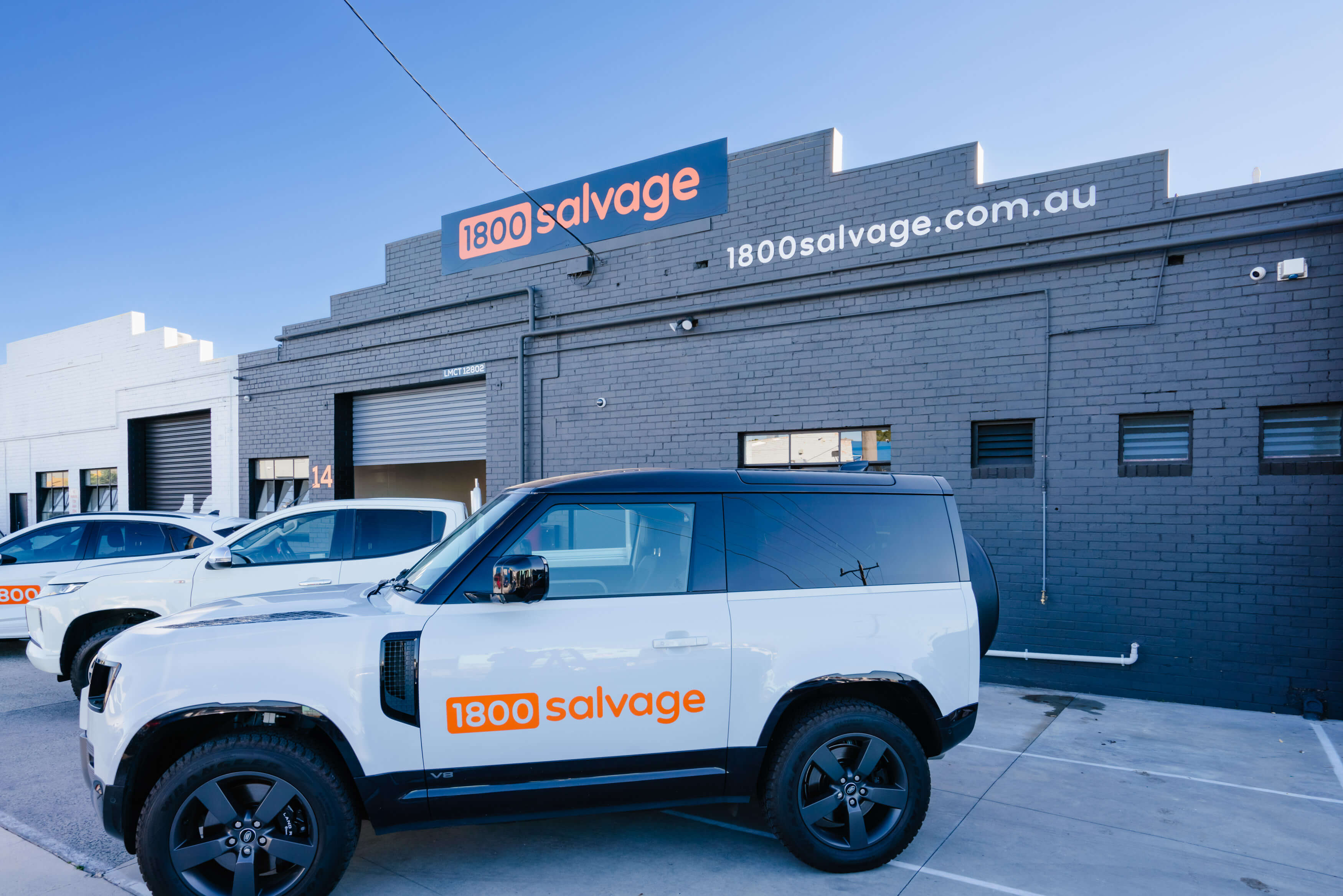
Factors that impact your car’s value
Several factors will affect the value of your car, particularly if it’s used, damaged, or old. Understanding these factors will help you set realistic expectations for how much you can get for your vehicle.
Condition of the vehicle
The condition of your vehicle is one of the biggest factors affecting its value. A well-maintained car, even if it’s old, can still fetch a good price, while a damaged car will likely be worth less.
- Used cars: For used cars in good condition, minor cosmetic wear and tear won’t significantly affect the price.
- Damaged cars: Vehicles with major issues like engine failure or severe body damage will have a much lower value.
Mileage for older cars
Mileage is a key factor in determining the value of any car, especially older or high-mileage commercial vehicles.
- High mileage decreases value: Higher mileage suggests more wear and tear, which lowers the car’s value.
- Commercial vehicles: For fleet vehicles or business cars, high mileage is typical but reduces the overall value significantly.
Accident history for damaged vehicles
If your car has been in an accident, this can significantly impact its value. Buyers are cautious when it comes to accident-prone vehicles due to safety concerns.
- Private buyers: Most buyers will offer less if the car has a history of accidents.
- Salvage buyers: Salvage yards focus on the scrap value, so accident history may not play as big of a role.
Salvage value of damaged cars
When selling a damaged car to a salvage yard, the car’s value is mostly based on the scrap metal and any remaining usable parts.
- Valuable parts: Certain parts, like engines, transmissions, and catalytic converters, can still fetch a good price.
- Scrap metal: The car’s weight and the type of metal it contains will determine the scrap value.
Make and model of older cars
Some older vehicles retain value better than others due to the brand or the popularity of the model.
- Brand reputation: Brands like Toyota and Honda tend to hold their value better because they’re known for reliability.
- Popular models: Certain models that are popular in commercial fleets may still have value even if they’re old or have high mileage.
Market demand for used and older cars
The demand for certain types of vehicles can affect the price you receive.
- High demand for used cars: If there’s a demand for your car’s make and model, you might get a better price.
- Damaged cars: Some buyers look for damaged cars to use for parts or restoration projects.
Remaining useful parts
Even if the car no longer runs, it may still contain valuable parts that can increase the offer you receive.
- Valuable components: Parts like engines, transmissions, batteries, and catalytic converters are in high demand.
- Salvage value: For salvage buyers, the worth of your car is often determined by the value of these remaining parts.
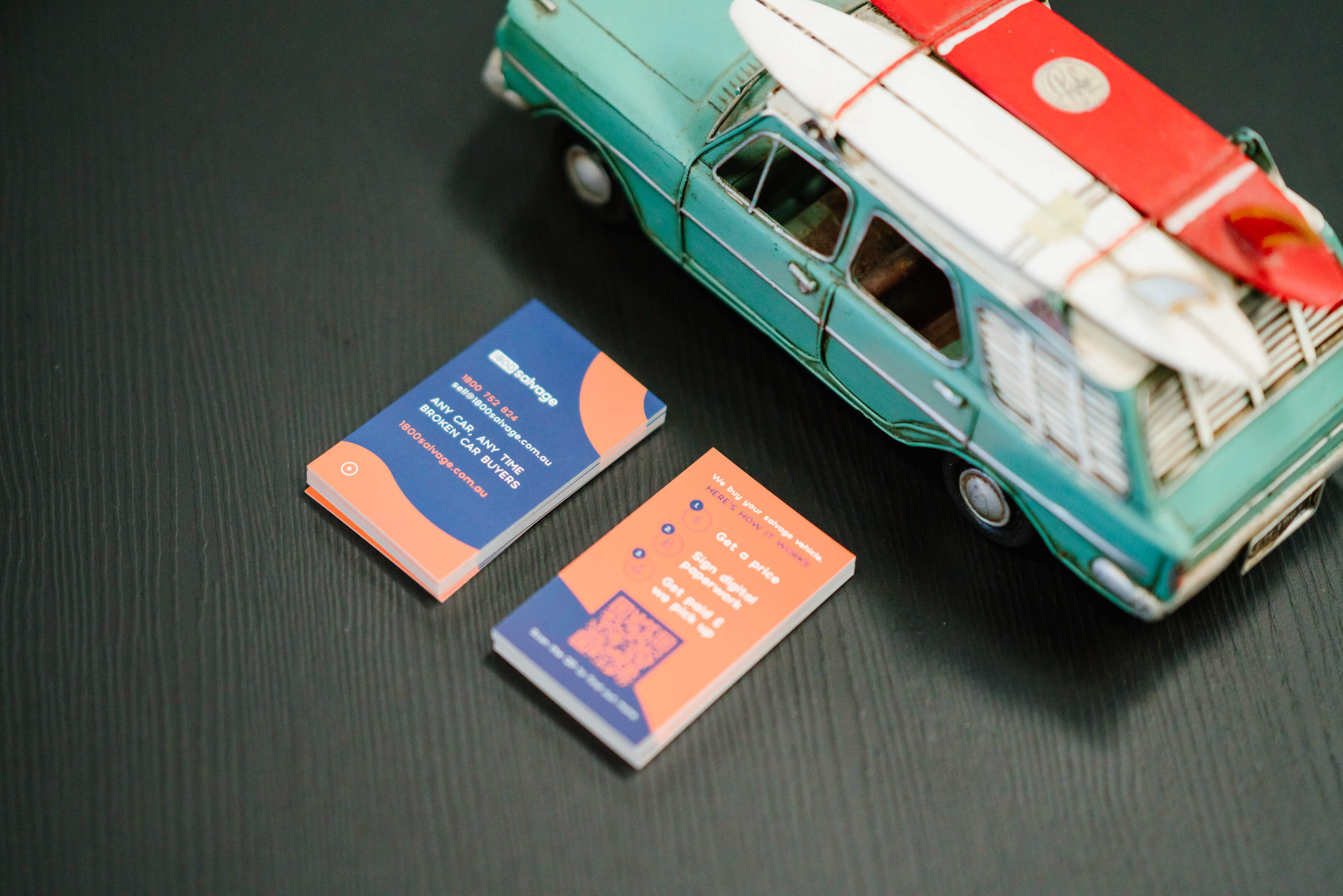
How to sell your car in Sydney in 5 easy steps
When you're ready to sell, here's how to make the process as smooth as possible. We’ll guide you through preparing your car, estimating its value, and choosing the best-selling method.
Step 1: Prepare your car for sale
Before listing your car for sale or contacting us, it’s important to get the vehicle in the best possible condition. Cleaning and detailing your car can go a long way in improving its appeal to buyers. A well-presented car gives the impression that it’s been well-maintained, which could help you secure a competitive price and highlight the benefit of reducing car ownership costs. Make sure to vacuum the interior, clean the windows, and wash the exterior to give it a fresh look.
In addition to cleaning, consider fixing any minor issues. Simple repairs like replacing blown-out lights or touching up paint scratches can enhance the car’s value. If you’re selling to a private buyer, they may be more inclined to negotiate if they notice flaws. Gathering all necessary paperwork, such as the registration certificate and service history, is also key to ensuring a smooth transaction.
Step 2: Estimate the value of your car
One of the most important steps in selling a car is determining its value. To get a good idea of your car’s worth, start by researching comparable listings on websites like Carsales, Gumtree, and Redbook. Look for vehicles of the same make, model, year, and mileage as yours to see what they’re selling for. Keep in mind that prices may vary depending on the car’s condition, service history, and any extras like upgraded features or accessories.
You should also consider the car’s depreciation, as some makes and models lose value faster than others. Professional inspections can help provide a more accurate valuation, especially if you’re unsure of the car’s mechanical condition. If you’re selling to us, the value may be lower due to the condition of the vehicle, but you can still get a fair price. For those selling scrap cars, we’ve written a more comprehensive guide on how much you get for a scrap car in Sydney.
Step 3: Explore your selling options
Choosing the right method for selling your car depends on your priorities. Private sales can yield the highest price but take more time and effort, as you’ll need to handle everything from the listing to the paperwork. Dealership trade-ins are faster but usually come with lower offers since the dealership needs to make a profit on the resale.
Our service provides a third option that balances convenience and competitive pricing. We buy cars in any condition and offer immediate payment with same-day payment. This method is ideal for anyone looking to sell quickly without the hassle of negotiating with private buyers or waiting weeks for a sale.
Step 4: The actual selling process
Once you’ve chosen the best way to sell your car, follow these steps to ensure a smooth transaction.
- First, arrange for the car to be inspected by the buyer. Whether you’re selling privately, to a dealership, or to us, an inspection is usually required to assess the car’s condition. If selling to us, this step is quick and straightforward, with minimal paperwork.
- After the inspection, you’ll need to negotiate the price. For private sales, this could involve several rounds of offers and counteroffers. We usually provide a fair price upfront with little need for negotiation.
- Once the price is agreed upon, make sure to complete the paperwork, including transferring ownership. This step is crucial to ensure you’re no longer responsible for the vehicle after the sale.
If you’re selling a scrap car, you may also want to check out our guide on how to sell your car for scrap in Sydney.
Step 5: Payment and ensuring a secure transaction
When selling your car, the safest way to ensure payment is through a secure bank transfer. While many buyers may prefer cash, bank transfers like OSKO are a far safer option. OSKO transfers the money directly into your account within 30 seconds, ensuring the payment is secure and immediate. This method also eliminates the risks associated with cash transactions, such as counterfeit money or personal safety concerns.
If you need to sell your car fast, you can learn more about how to get rid of a vehicle quickly in Sydney.
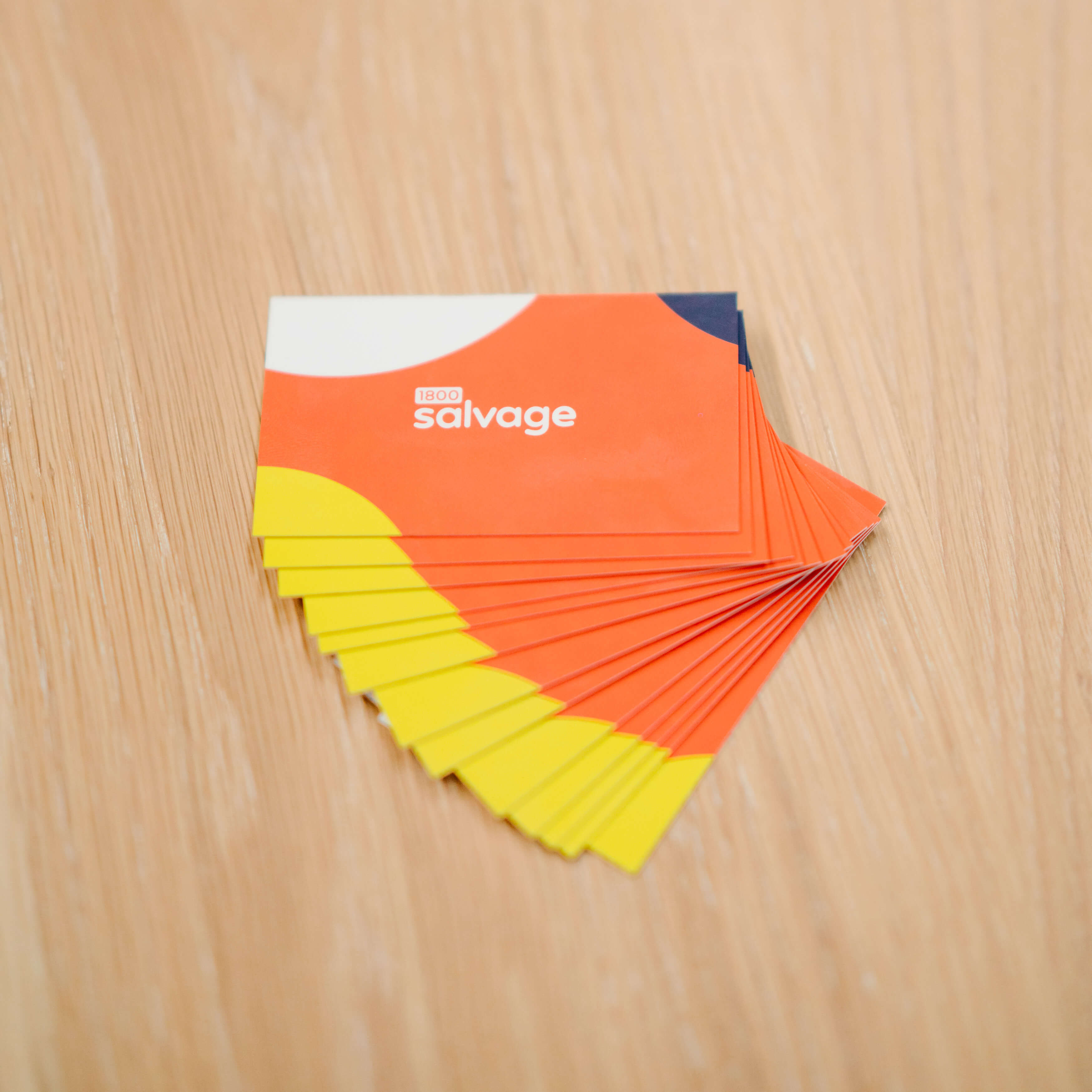
Legal considerations when selling a car
When selling a car, whether it's used, damaged, or old, there are certain legal requirements that must be met to ensure a smooth and valid transfer of ownership. The selling process may involve more steps when dealing with a damaged or non-roadworthy car, but it’s important to follow all guidelines to avoid any complications down the line.
By the way, it’s worth checking our larger explainer on how to sell your car in Sydney, which goes into greater detail on what you need to know.
Required paperwork
Proper documentation is essential when selling any vehicle. This paperwork legally transfers the vehicle to the new owner and ensures you are no longer responsible for it.
- Transfer of ownership: You’ll need to complete a transfer of ownership form, which includes both the buyer and seller’s details. This document must be lodged with your local state transport authority, such as Service NSW.
- Proof of registration: A current registration certificate will verify the car's legitimacy. For older, non-roadworthy cars, this may not be necessary.
Safety inspections
If you're selling a used car that is still roadworthy, a safety inspection or roadworthy certificate is often required, especially for private sales. This certificate proves that the car meets minimum safety standards.
- For damaged or salvageable vehicles: A safety inspection is typically not required if you’re selling a non-roadworthy car to a salvage yard or scrap buyer. However, you should make the condition clear to the buyer.
Settling finance and liens
For used or older cars with outstanding finance or liens, it’s critical to settle these before completing the sale. This applies to both personal and commercial vehicles, as the lender technically owns the car until the loan is paid off.
- Unresolved loans or liens: Failing to settle finance on the vehicle can create legal headaches for both the buyer and seller. Make sure you clear any debts tied to the car before moving forward with the sale.
Cancelling registration for scrap cars
If you’re selling a damaged or old car for scrap, one of the important steps is to cancel the vehicle’s registration. This ensures that you’re no longer liable for any future charges, such as tolls, parking fines, or any incidents involving the car after it leaves your possession.
- How to cancel the registration: Head to your local Service NSW or use their online services to cancel the vehicle’s registration and receive any potential refunds on the unused portion.
Business vehicles and commercial transfers
Selling commercial vehicles from a business fleet involves a few extra steps. You’ll need to transfer ownership through the proper business channels and make sure any insurance policies tied to the vehicle are cancelled or transferred as needed.
- Updating business records: Notify your insurance provider and any relevant authorities about the sale to ensure that your records are accurate and up to date.
Handling written-off cars
Since NSW no longer allows repairable write-offs, all written-off cars must be deregistered and sold for parts and scrap.
We’ve got a more in-depth article on where to sell written-off cars in Sydney that you might like to read.
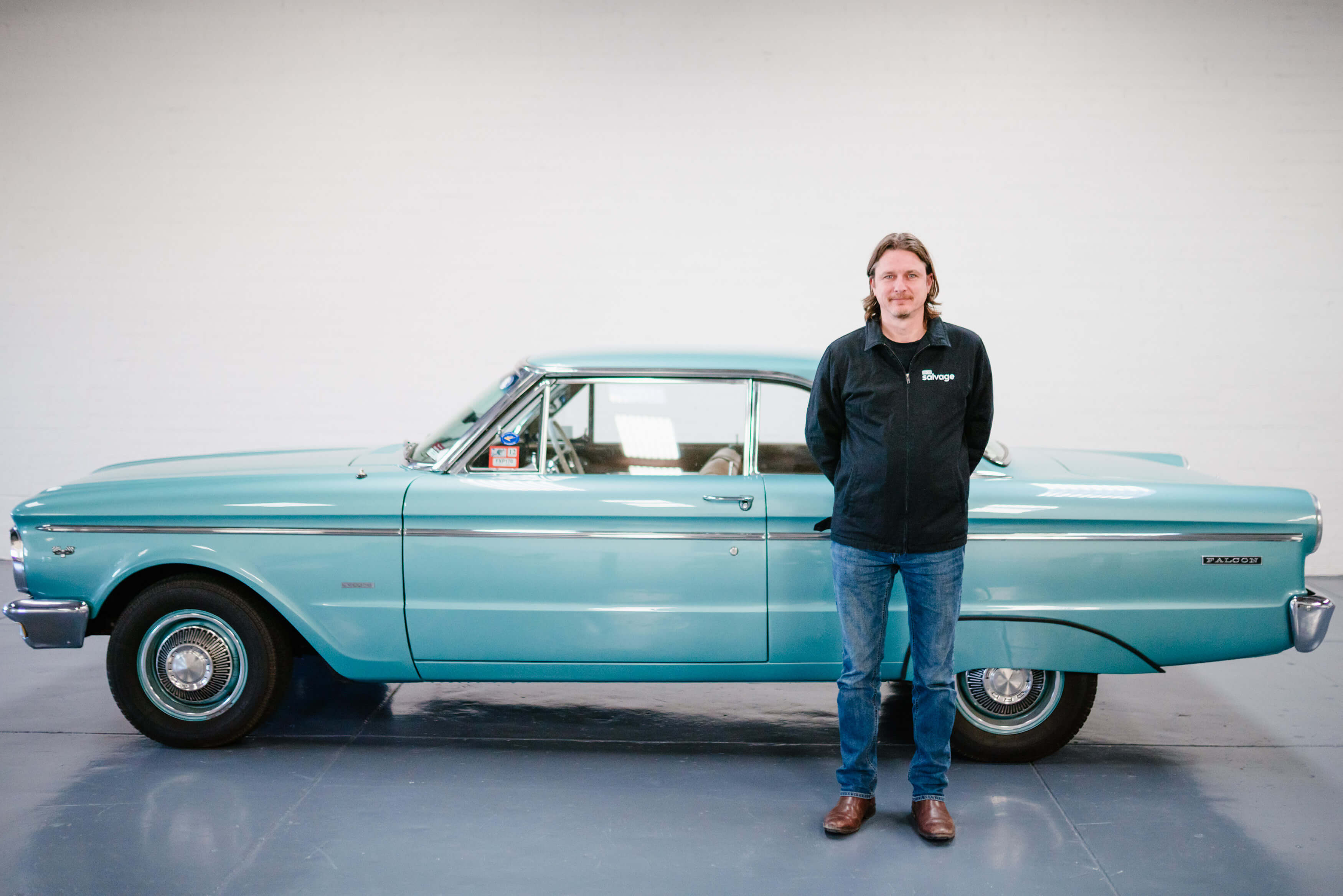
Why 1800 Salvage is the best choice for selling your used, damaged, or old car in Sydney
When it comes to selling a used, damaged, or old car, 1800 Salvage stands out as the top option for a fast, easy, and reliable process. Whether you’re an individual seller or a business owner managing a fleet of vehicles, here’s why we’re the best choice:
- We buy all types of vehicles: We’re not concerned about the car details; if used, damaged, or a complete write-off, we’ll still make an offer. We don’t turn away cars based on their condition, so you don’t have to make any expensive repairs to your car prior to contacting us.
- Instant cash and secure payments: Same-day transfer? We can do better than that. Our bank transfers come through instantly, which is especially useful for businesses needing fast transactions.
- Same-day car removal: Once you’ve decided to sell your car, you want it gone fast. That’s why we offer same-day car removal, making the process as hassle-free as possible. This is convenient for businesses needing to free up space.
- Easy process: From handling the final paperwork to collecting the car at no extra cost, we take care of everything. There’s no need to worry about towing fees, inspections, or dealing with third parties.
- Competitive offers for scrap and used cars: Even if your vehicle is beyond repair, we’ll still offer you a fair price based on its scrap value. For older or damaged cars, this is an easy way to make some money without the hassle of private sales.
- Eco-friendly vehicle disposal: We recycle every car responsibly, minimising environmental impact by salvaging valuable materials and disposing of hazardous components safely. This is especially important for businesses looking to meet sustainability goals while clearing old vehicles.
If you're looking for a fast, reliable way to sell your used car, get in touch with our cash for cars team in Sydney.

Frequently Asked Questions
Can I sell multiple vehicles at once?
Yes, especially if you’re a business owner or fleet manager. Salvage yards and car-buying services often accept multiple vehicles in one transaction. This is a fast way to offload multiple vehicles without having to deal with individual buyers.
How does selling a commercial vehicle differ from selling a personal car?
When selling a commercial vehicle, you’ll need to ensure that any associated business records, like insurance cover and finance documents, are properly settled. Commercial vehicles may also require additional legal paperwork depending on their use and fleet size.
What is the quickest way to sell a damaged car in Sydney?
Selling your damaged car to a salvage yard or car buying service is typically the fastest option. These services usually offer same-day car removal and instant payment, making them ideal for damaged or old vehicles.
Is there a market for old or high-mileage commercial vehicles?
Yes, there’s still a market for older or high-mileage commercial vehicles, especially for businesses that might need spare parts or are looking for budget-friendly options. However, expect the price to be lower due to wear and tear.
Do you need a roadworthy to sell a car in NSW?
A roadworthy certificate is not always required for selling a car in NSW, but it depends on the buyer’s preference and how you’re selling the car. We don’t typically require one.
What is the safest payment method when selling a car in NSW?
The safest payment method is a secure bank transfer, such as OSKO, which ensures the payment arrives in your account quickly without handling physical cash.
Can I sell my car if it’s not registered?
Yes, you can sell an unregistered car in Sydney. Some buyers, especially salvage services like us, accept unregistered cars and can arrange for collection.
How fast can I sell my car?
The speed of sale depends on the method. We offer same-day car removals, while private sales or dealership trade-ins might take longer.
Can I sell a damaged car in Sydney?
Yes, you can sell a damaged car. We specialize in buying damaged vehicles, making the process easy and fast.
Do I need to be present when the car is picked up?
While it’s ideal to be present when your car is picked up, it’s not always necessary. We can arrange the paperwork and collection remotely.
What documents do I need to sell my car in Sydney?
You’ll need the car’s registration papers, proof of identity, and any maintenance or service history. For salvage services, minimal paperwork is needed, and we guide you through the process.
Does 1800 Salvage offer a best-price guarantee?
No, we do not offer a formal guarantee. However, we will do our best to compete against any other legitimate bids you have. Let us know what your offers are and we’ll try to beat them!

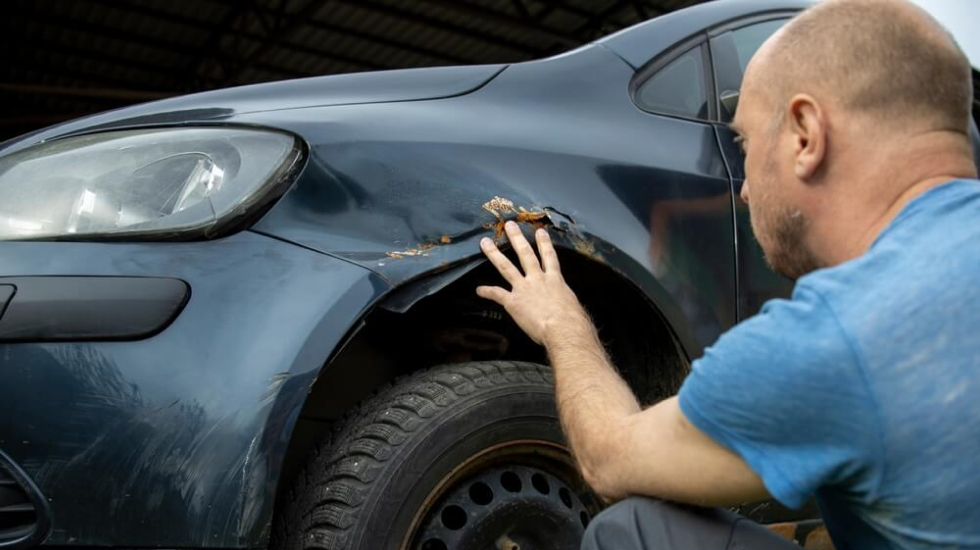
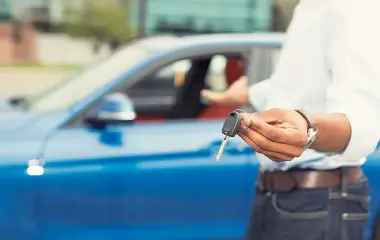
.jpeg)
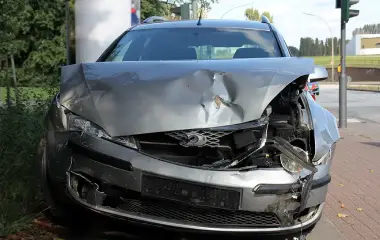
.jpeg)
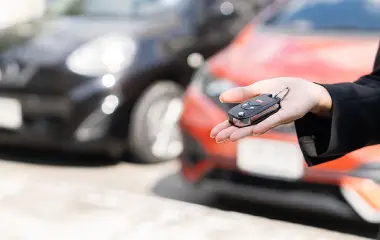
.webp)
